





 Official Transcript
Official Transcript  Recent Grades Report
Recent Grades Report .svg) Essay
Essay  1 Recommendation
1 Recommendation  Online Application From
Online Application From  Application Fee
Application Fee 


Application is closed


In an effort to encourage talented high school students to investigate engineering studies beyond what might be offered at their own schools, the School of Engineering provides an opportunity for them to enroll in engineering classes at Santa Clara. In addition to obtaining college credit in engineering courses, high school students admitted to this program will have the opportunity to experience academic life in a university setting.
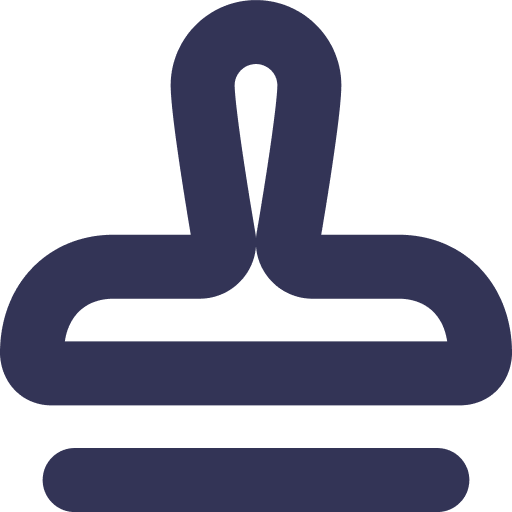 Credit
Credit
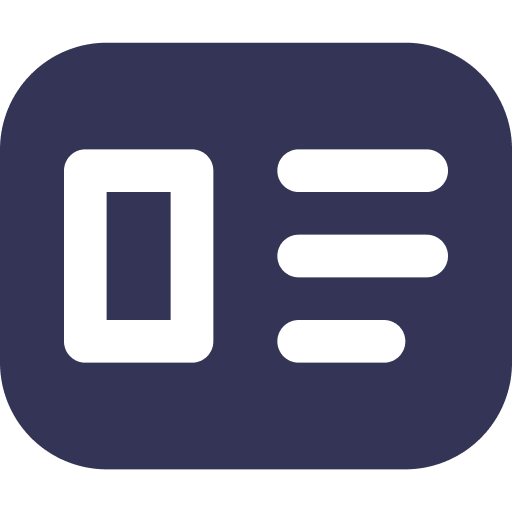 Accepts International Students
Accepts International Students
Highly-motivated students going into their junior or senior year of high school have the opportunity to explore college in an intensive summer program that includes university courses, advising, and meetings with key people on campus. In addition to college credit (upon successful completion of their classes), students leave with a hands-on experience of college life. Students are required to attend every class meeting. Travel and other summer programs must not occur during the dates of the Young Scholars Program.
The program has two key components:
1 - Classes
Instead of thinking and talking about what might happen in college, Young Scholars directly experience it by taking college courses in Santa Clara’s summer session alongside college students. In consultation with the program director, Young Scholars enroll in one or two lower-division university courses from Session 1 of Santa Clara’s summer program, and earn college credit upon successful completion of their course(s).
These courses are typically part of the curriculum at most universities. Young Scholars learn how to manage the workload and the responsibilities of college-level study. During the program, Young Scholars have access to the program director and college advisors who assist them in resolving problems or responding to other questions.
2 - Camaraderie
The Young Scholars Program’s small size allows Young Scholars to interact with students from many schools by sharing courses and attending program events. During orientation, students tour the campus, obtain a student ID card (ACCESS card), meet and mingle with fellow Young Scholars, and have lunch with Summer Sessions staff.
Classes are scheduled to be held on-campus. Transportation and campus housing are not available for Young Scholars.
Summer 2023 Classes Offered In:
Anthropology (4 units)
Using an evolutionary framework, we examine how past and current human variation is measured, our place in nature, human genetics, human and nonhuman primate biology and behavior, the primate and hominin fossil record, and the origin and meaning of human biological and behavioral variation. Students gain experience in biological anthropology methods, data analysis and interpretation, and the theoretical frameworks that guide our understanding of what it means to be human. (Lab 15 hours).
Computer Science (5 units)
Introduction to computer science, and computer programming in Python. Basic programming structures, conditionals, loops, functions, recursion, arrays. Topics relating to the applications of and social impact of computing, including privacy, artificial intelligence, computation in physics, psychology, and biology. Discussion of cryptography, computation through history, networks, hardware, and basic runtime analysis. Includes weekly lab. CSCI 10 may be taken for credit if the student has received credit for COEN 10, but not COEN 11 or a similar introductory programming course, or CSCI 60.
Mathematics Introduction to Statistics (4 units)
Elementary topics in statistics, including descriptive statistics, regression, probability, random variables and distributions, the central limit theorem, confidence intervals and hypothesis testing for one population and for two populations, goodness of fit, and contingency tables.
MATH 11 Calculus and Analytic Geometry I (4 units)
Limits and differentiation. Methods and applications of differentiation. Ordinarily, only one of MATH 11, 30, or 35 may be taken for credit. Note: MATH 11 is not a suitable prerequisite for MATH 31 or 36 without additional preparation. Prerequisite: MATH 9 or a passing grade on the Calculus Readiness Exam. If MATH 9 is taken, a grade of C- or higher is strongly recommended before taking MATH 11.
MATH 13 Calculus and Analytic Geometry III (4 units)
Taylor series, vectors, quadric surfaces, and partial derivatives, including optimization of functions with multiple variables. Prerequisite: MATH 12 or equivalent. Students who have taken MATH 31, MATH 36, or an equivalent course may take MATH 13 after consultation with an instructor. A grade of C- or higher in MATH 12 is strongly recommended before taking MATH 13.
Economics (4 units)
Introduction to microeconomics and its applications to business decisions and public policy. Topics include supply, demand, and the coordinating role of prices in a market economy; the behavior of business firms, including output and pricing decisions; competition and monopoly; government policies and regulations affecting markets.
General Engineering - Introduction to Engineering (1 unit)
This course provides an introduction to engineering, including fundamentals of engineering study, different engineering disciplines, and interdisciplinary aspects of engineering. This course investigates the connection between science, technology, and society, and also illustrates the extent to which engineering impacts the world. The course also exposes students to entrepreneurship, engineering professionalism, the growth mindset, emerging markets, ethics, and civic engagement. ENGR 1 and ENGR 1L together fulfill the Science, Technology & Society core requirement.
ENGR 1L Introduction to Engineering Laboratory (1 unit)
The laboratory will provide students with hands-on experience of engineering design and open-ended problem solving. The lab focuses on introducing aspects of the different engineering disciplines and allows students to gain experience with each of the engineering disciplines and reflect on learning gains with teamwork, communication, and engineering skills. Engineering designs will be framed to include the impact of design solutions/technologies on society and will be developed in a team-based environment utilizing visuals, written text, and oral presentation. ENGR 1 and ENGR 1L together fulfill the Science, Technology & Society core requirement.
Highly-motivated students going into their junior or senior year of high school. International applicants should contact the Office of Summer Sessions, [email protected], for information about visa requirements prior to submitting an application.
Young Scholars are required to follow all Santa Clara University COVID-19 policies and protocols.
 Official Transcript
Official Transcript
 Recent Grades Report
Recent Grades Report
.svg) Essay
Essay
 1 Recommendation
1 Recommendation
 Online Application From
Online Application From
 Application Fee
Application Fee
Application Requirements:
1. A completed online application form
2. An essay (topic listed on application).
3. A high school transcript listing all courses and grades (including fall 2022).
4. $50 non-refundable application fee, payable by credit card through the application portal.
5. A letter of recommendation from a high school teacher.*
*After submitting this form, your application checklist will be generated within 24 hours on your application status portal. At that time, you will provide the name and email address for the high school teacher who is writing the letter of recommendation. An email will be sent to the teacher with information on how to submit the letter.
The application portal (also known as the application status page) will be created after a student has submitted an application. Applicants will receive an email with their login information, which will be used to track their application materials. The essay and transcript can be submitted on the application form or through the application portal.
Deadlines
Early Deadline: March 29
Regular Deadline: April 18
 Jun 21 - Jul 28
Jun 21 - Jul 28
 5 weeks
5 weeks
Summer 2023 Tuition
Tuition is $593 per unit, which is a reduced rate. Tuition is due May 21, 2023. Information on how to pay the tuition will be sent to accepted students once they have enrolled in their class(es). The list of classes contains the number of units for each course.
1 Unit: $593
2 Units: $1,186
3 Units: $1,779
4 Units: $2,372
5 Units: $2,965
Please note Santa Clara University accepts payment by credit card for the application fee only. The University does not accept credit cards for payment of tuition and fees. Young Scholars are responsible for purchasing their own books, supplies, and other personal items (including a parking permit if applicable).




 Official Transcript
Official Transcript
 Recent Grades Report
Recent Grades Report
.svg) Essay
Essay
 1 Recommendation
1 Recommendation
 Online Application From
Online Application From
 Application Fee
Application Fee



Application is closed

Useful Resources
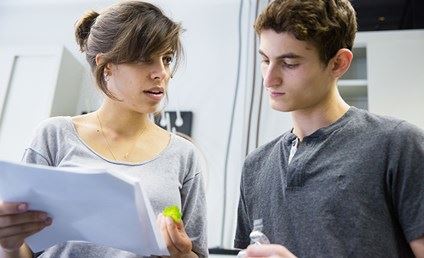





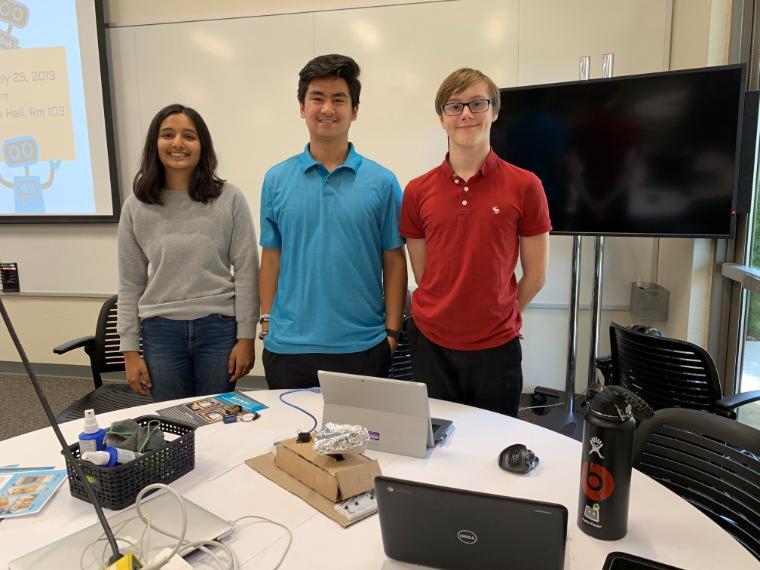
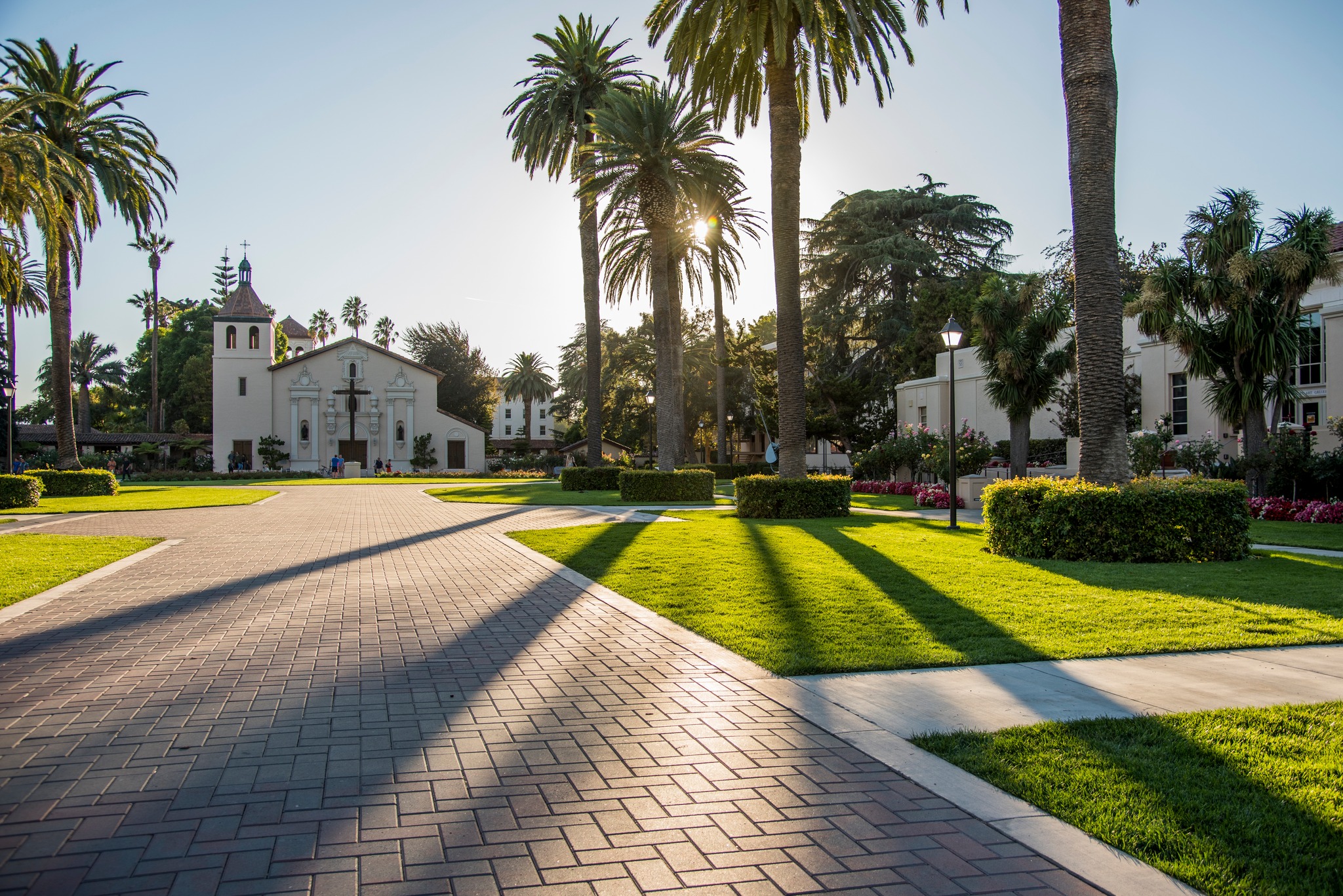
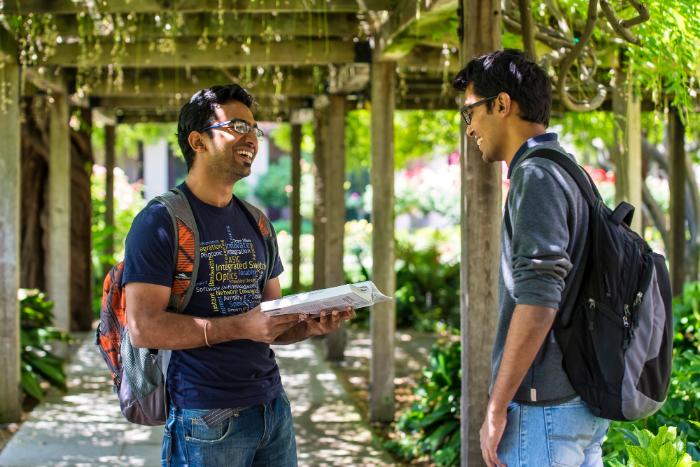
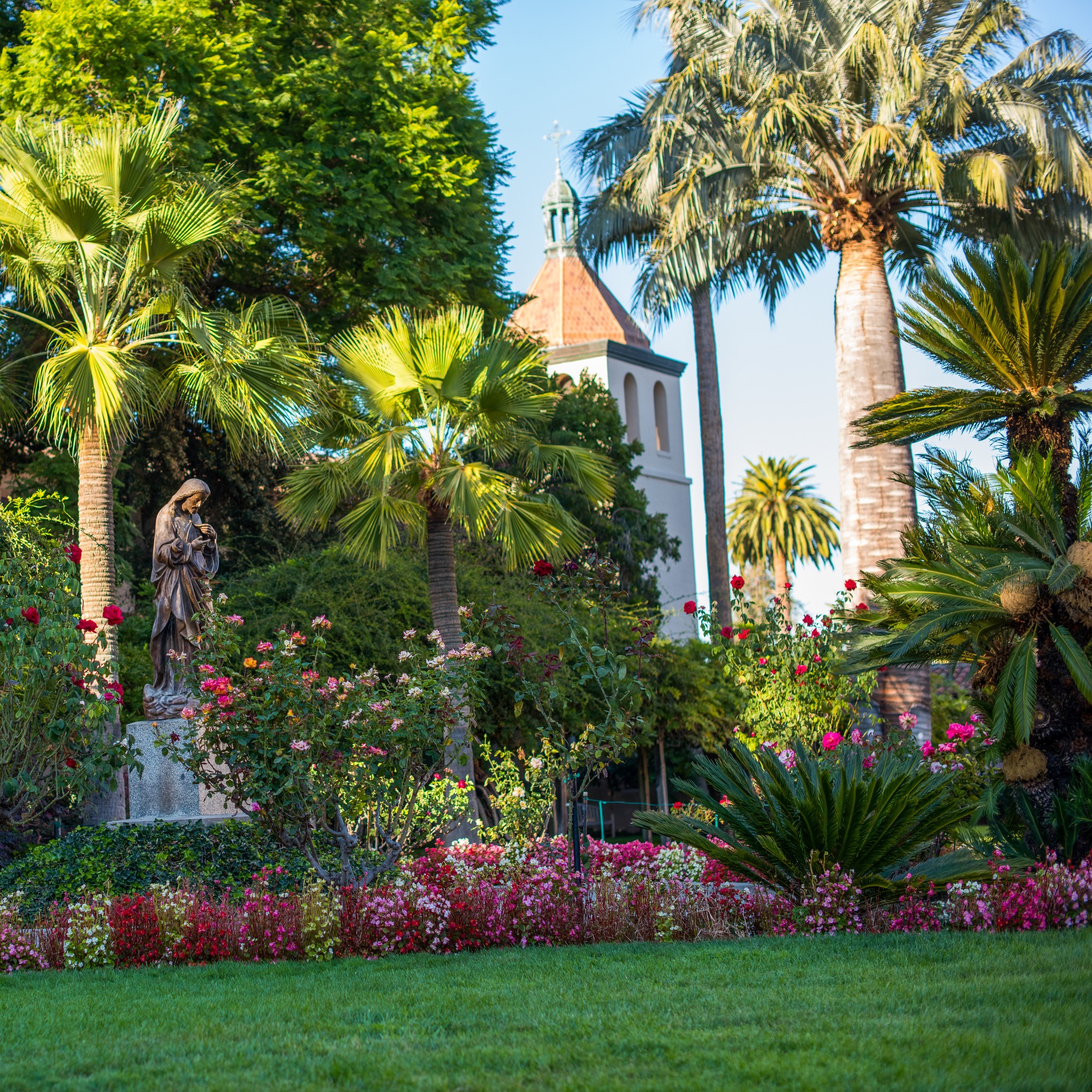
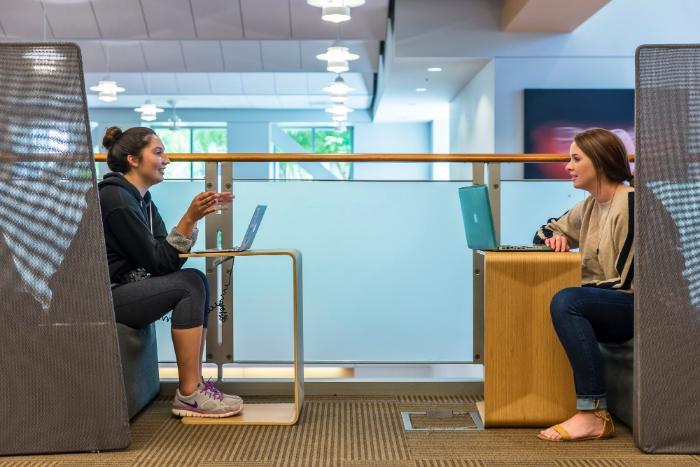
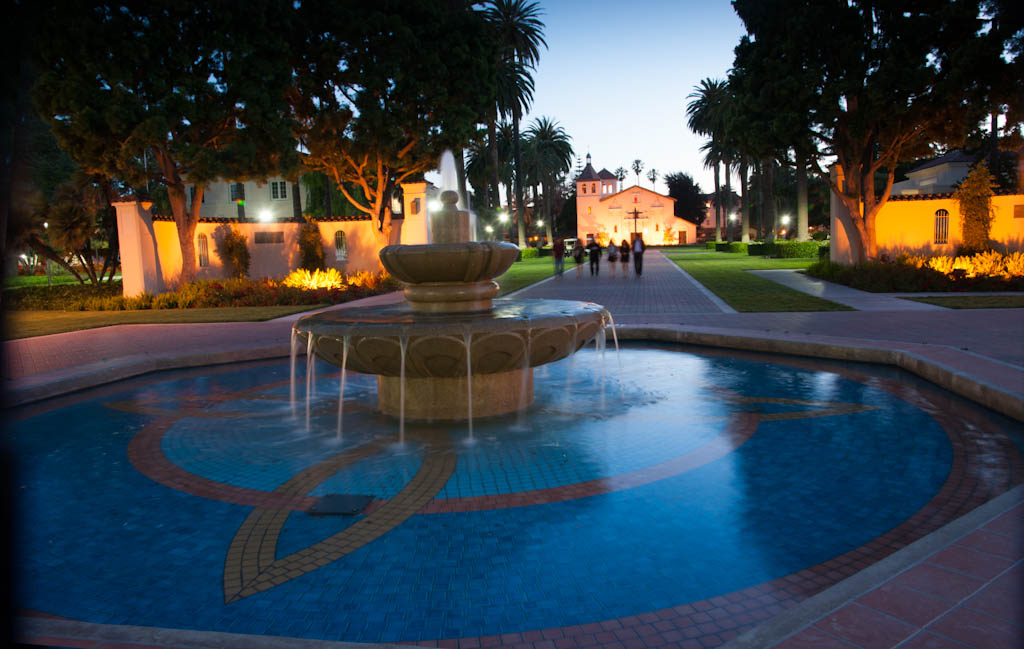




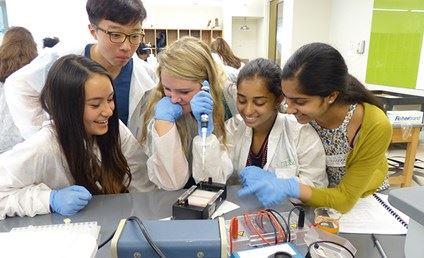
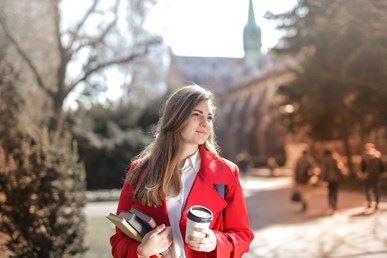
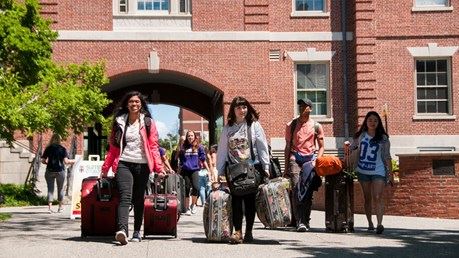

Tell us your
opinion about us